Share This Guidebook With A Friend!
High blood pressure, also known as hypertension, is a common health condition that can increase your risk of heart disease, stroke, and other serious health problems. Fortunately, there are many ways to lower your blood pressure naturally, without the use of medication. In this guide, we’ve compiled 20 effective tips that you can use to lower your blood pressure and improve your overall health. From lifestyle changes to dietary adjustments, these tips are backed by scientific research and can be incorporated into your daily routine.
Here are 20 detailed tips to help lower your blood pressure:
- Monitor your blood pressure regularly: Check your blood pressure at home with a reliable blood pressure monitor. Keep a record of your readings and share them with your doctor.
- Maintain a healthy weight: Being overweight can lead to high blood pressure. Losing weight can help lower blood pressure.
- Exercise regularly: Exercise can help lower blood pressure. Aim for at least 30 minutes of moderate-intensity activity most days of the week.
- Eat a healthy diet: Eat a diet that’s low in sodium and high in potassium, calcium, and magnesium. Focus on fruits, vegetables, whole grains, and lean proteins.
- Limit your intake of sodium: The American Heart Association recommends limiting sodium to no more than 2,300 mg per day. If you have high blood pressure, your doctor may recommend a lower sodium intake.
- Avoid processed and packaged foods: These foods are often high in sodium. Look for low-sodium options or cook meals from scratch.
- Increase your intake of potassium-rich foods: Potassium can help lower blood pressure. Foods high in potassium include bananas, sweet potatoes, spinach, and avocados.
- Limit your intake of alcohol: Drinking too much alcohol can raise blood pressure. The American Heart Association recommends no more than one drink per day for women and two drinks per day for men.
- Quit smoking: Smoking can damage your blood vessels and raise your blood pressure. Talk to your doctor about resources to help you quit smoking.
- Avoid exposure to secondhand smoke: Secondhand smoke can also raise blood pressure.
- Manage your stress: Stress can cause temporary increases in blood pressure. Find ways to manage stress, such as meditation or yoga.
- Get enough sleep: Aim for 7-8 hours of sleep per night. Sleep deprivation can raise blood pressure.
- Reduce caffeine intake: Caffeine can cause a temporary increase in blood pressure. If you’re sensitive to caffeine, try limiting your intake.
- Limit processed and red meat: These foods can be high in saturated fat, which can raise blood pressure.
- Increase fiber intake: Eating fiber-rich foods can help lower blood pressure. Good sources of fiber include whole grains, fruits, and vegetables.
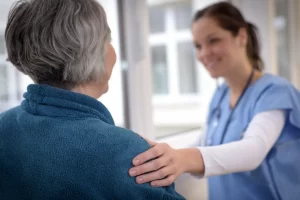
- Avoid added sugars: Too much added sugar can raise blood pressure. Try to limit your intake of sugary drinks and processed foods.
- Take prescribed medication as directed: If your doctor prescribes medication to lower your blood pressure, take it as directed.
- Stay hydrated: Dehydration can raise blood pressure. Aim for at least 8 glasses of water per day.
- Reduce stress on your heart: Reduce the stress on your heart by avoiding intense physical activity, lifting heavy objects, and straining during bowel movements.
- Manage chronic conditions: Manage chronic conditions such as diabetes and high cholesterol. These conditions can contribute to high blood pressure if left uncontrolled.
High blood pressure, also known as hypertension, is a common health condition that can increase your risk of heart disease, stroke, and other serious health problems. Fortunately, there are many ways to lower your blood pressure naturally, without the use of medication. In this guide, we’ve compiled 20 effective tips that you can use to lower your blood pressure and improve your overall health. From lifestyle changes to dietary adjustments, these tips are backed by scientific research and can be incorporated into your daily routine.
Disclaimer: The information provided in this guide is for educational purposes only and is not intended to be a substitute for professional medical advice, diagnosis, or treatment. Always seek the advice of your physician or other qualified healthcare provider with any questions you may have regarding a medical condition. Never disregard professional medical advice or delay in seeking it because of something you have read in this guide. The author and publisher of this guide do not assume any liability for any injury, damage, or loss incurred as a result of the use or reliance upon the information and advice provided in this guide.
Share This Guidebook With A Friend!
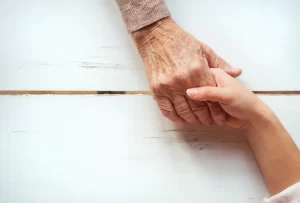 Tips for Retirement Planning
Tips for Retirement Planning

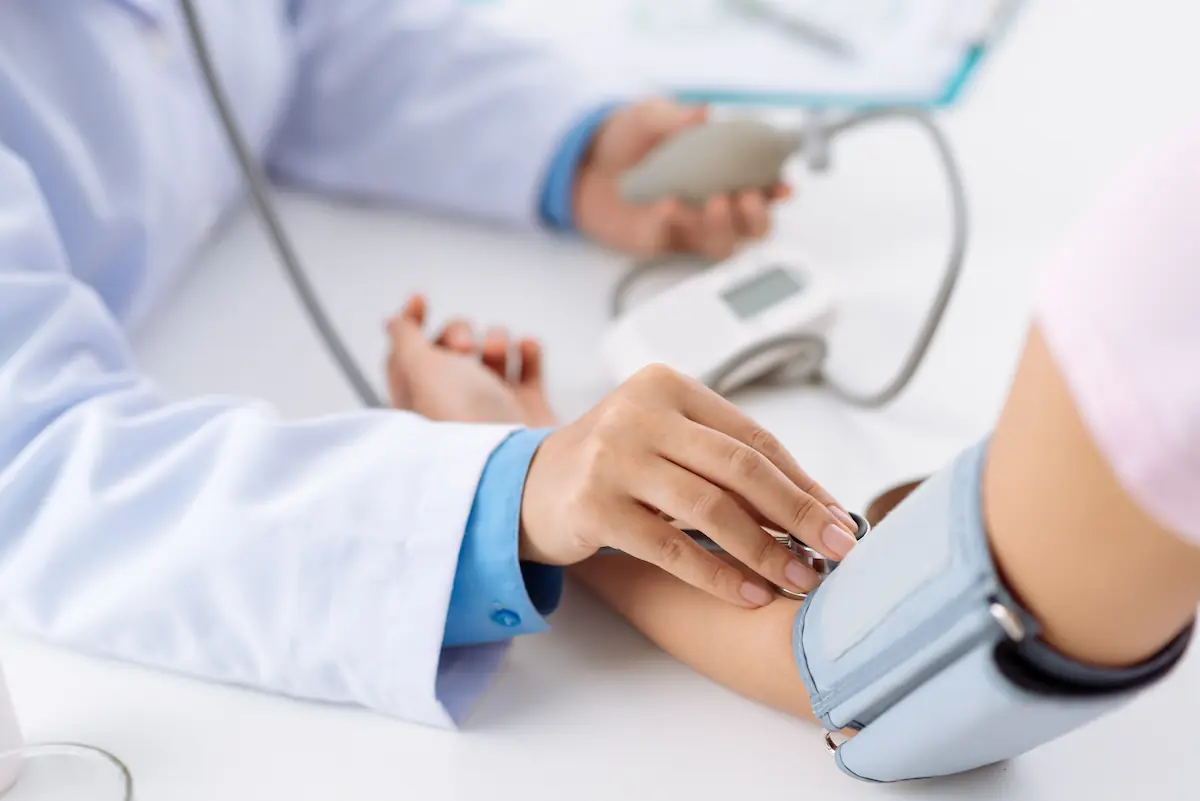


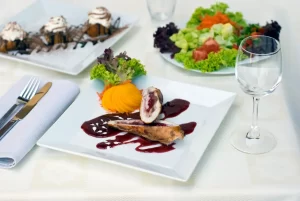
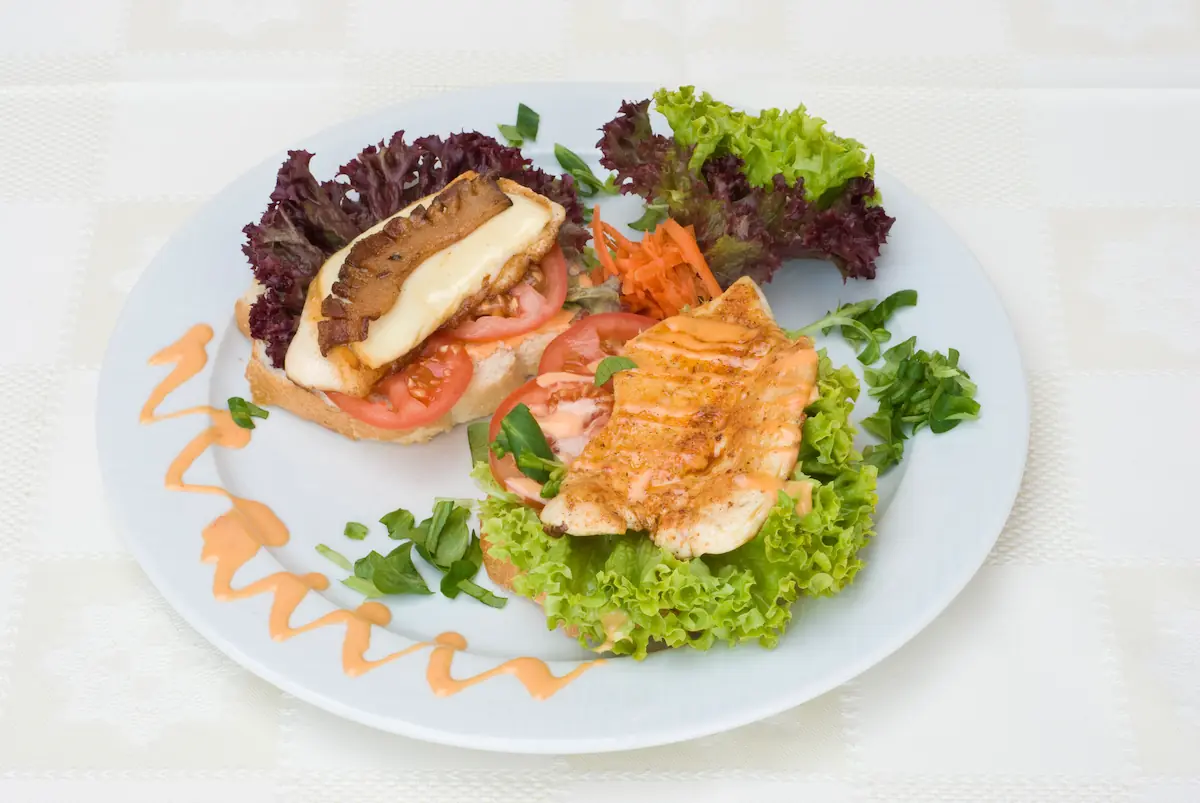

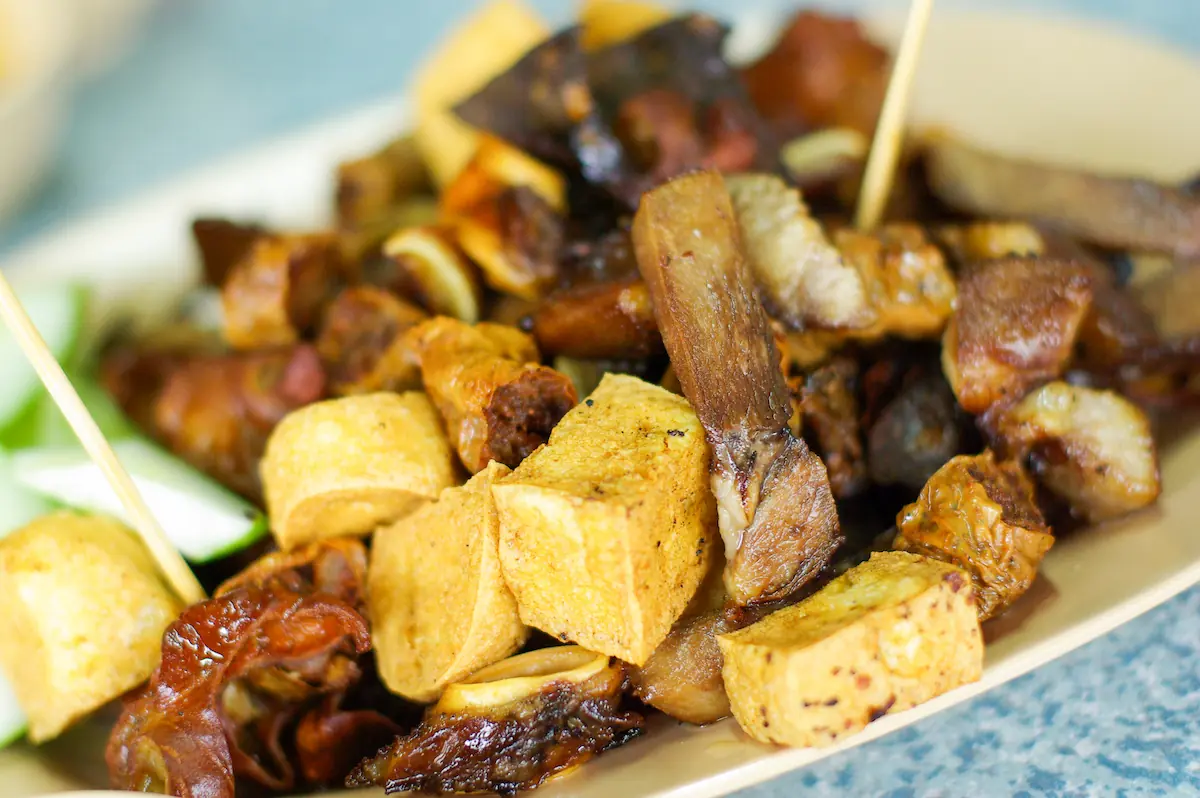
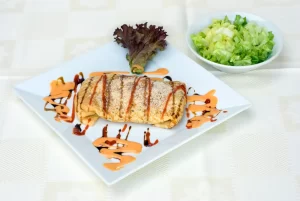

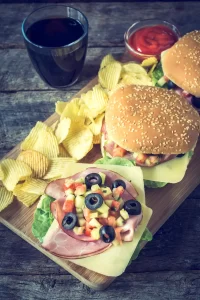
Leave a Reply